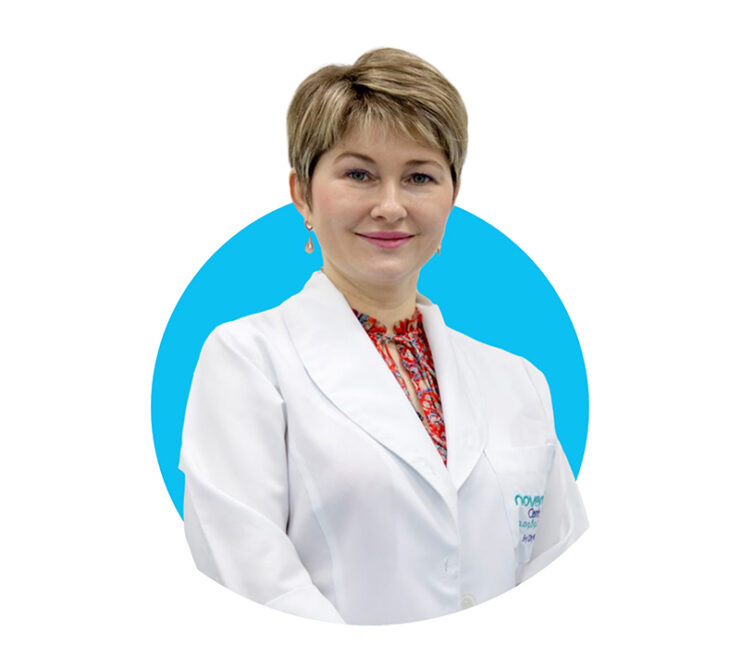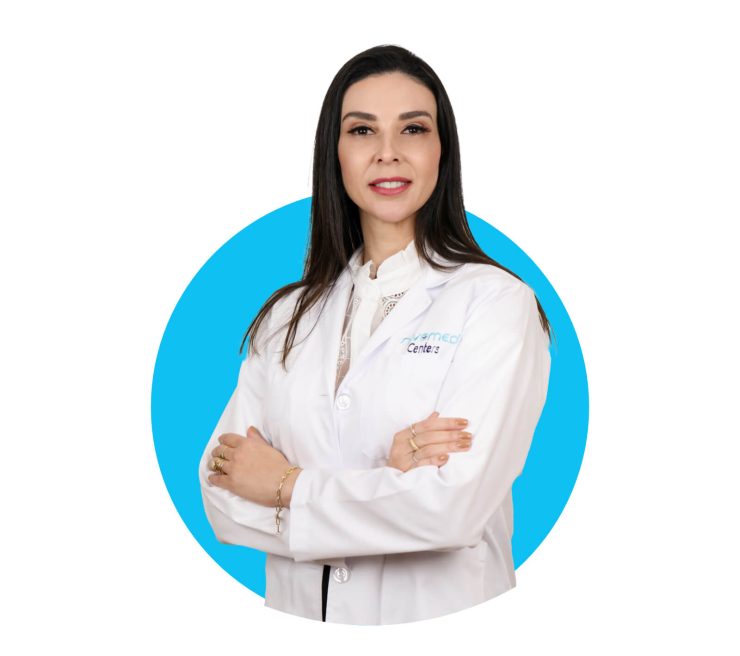Melasma Treatment in Dubai, Abu Dhabi and Al Ain
What is Melasma?
Melasma is a common pigmentation condition characterized by dark, discolored patches on the skin. Melanocyte cells create melanin in your skin. These cells sometimes malfunction and create more melanin in some areas. Excess melanin produces the blotchy areas that typify this condition. It may look like macules, which are similar to freckles, or larger and darker patches with irregular borders. Melasma is also referred to as chloasma or “mask of pregnancy.” The most common areas for melasma to appear on the face include the:
- Forehead
- Cheeks
- Upper lip
- Bridge of the nose
- Chin
It can also appear in other areas of the body, mainly those exposed to sunlight. These areas include the:
- Neck
- Shoulders
- Forearms
Hyperpigmentation or marks that are darker than your skin tone is the main symptom of melasma. Your skin may look uneven and blotchy. These patches are usually flat and do not hurt, burn, or itch. The range of discoloration varies depending on the severity of the condition and your natural skin tone. Typically, these patches appear symmetrical on the face. This means that the patches can develop evenly across the forehead or nose, or there may be matching patches on both cheeks. You should visit the doctor if you notice:
- Sudden marks on the skin that are darker than your skin tone
- Unusual skin discoloration
- Hormones: Melasma development is linked to an increase in estrogen. This is why it is more common in women than men, although men can still develop it.
- Pregnancy: Melasma affects up to 70% of pregnant women, most commonly during their second or third trimester due to increased estrogen and progesterone in the body.
- Complexion: People with olive or medium skin tones are more likely to develop this condition, compared to those with very light or very dark skin.
- Sun Exposure: High exposure to the sun can trigger symptoms to develop faster.
- Genetics: You can be genetically predisposed to melasma. If your relatives have symptoms you should do your best to limit other trigger factors.
You will be diagnosed with a visual inspection. The doctor may look at your skin under black light to see the extent of your hyperpigmentation. This type of lighting can clearly reveal sun damage on the surface of the skin, as well as damage that is not visible to the naked eye. Rarely, the doctor may do a biopsy to confirm it is melasma.
What are the Treatment Options?
There is topical medication as well as procedural treatments at Novomed that you may be advised to follow. Depending on what the doctor may suggest, topical treatments may include hydroquinone, tretinoin, azelaic acid, and tranexamic acid.
Procedural treatments tend to be most effective alongside topical medication. These treatments at Novomed include the following:
- Microdermabrasion
- Laser treatment
- Chemical peel
- Light therapy
Prevention
If you have suffered from melasma before, you can try to avoid triggers by:
- Wearing a hat when in the sun
- Applying sun protection regularly
- Limiting sun exposure
Although harmless, melasma can cause self-consciousness that can lead you to seek treatment. It is important to remember to wear sun-protection if you experience any symptoms. Your best option for curing this condition is to visit a doctor as soon as possible for treatment.

 The Neo Elite by Aerolase is a leading device-based solution for medical and aesthetic skin concerns. With the Neo Elite, skin health professionals establish efficient solutions for the most….
The Neo Elite by Aerolase is a leading device-based solution for medical and aesthetic skin concerns. With the Neo Elite, skin health professionals establish efficient solutions for the most…. 





